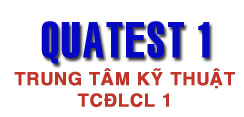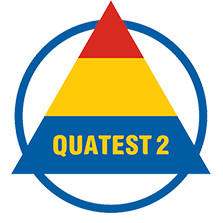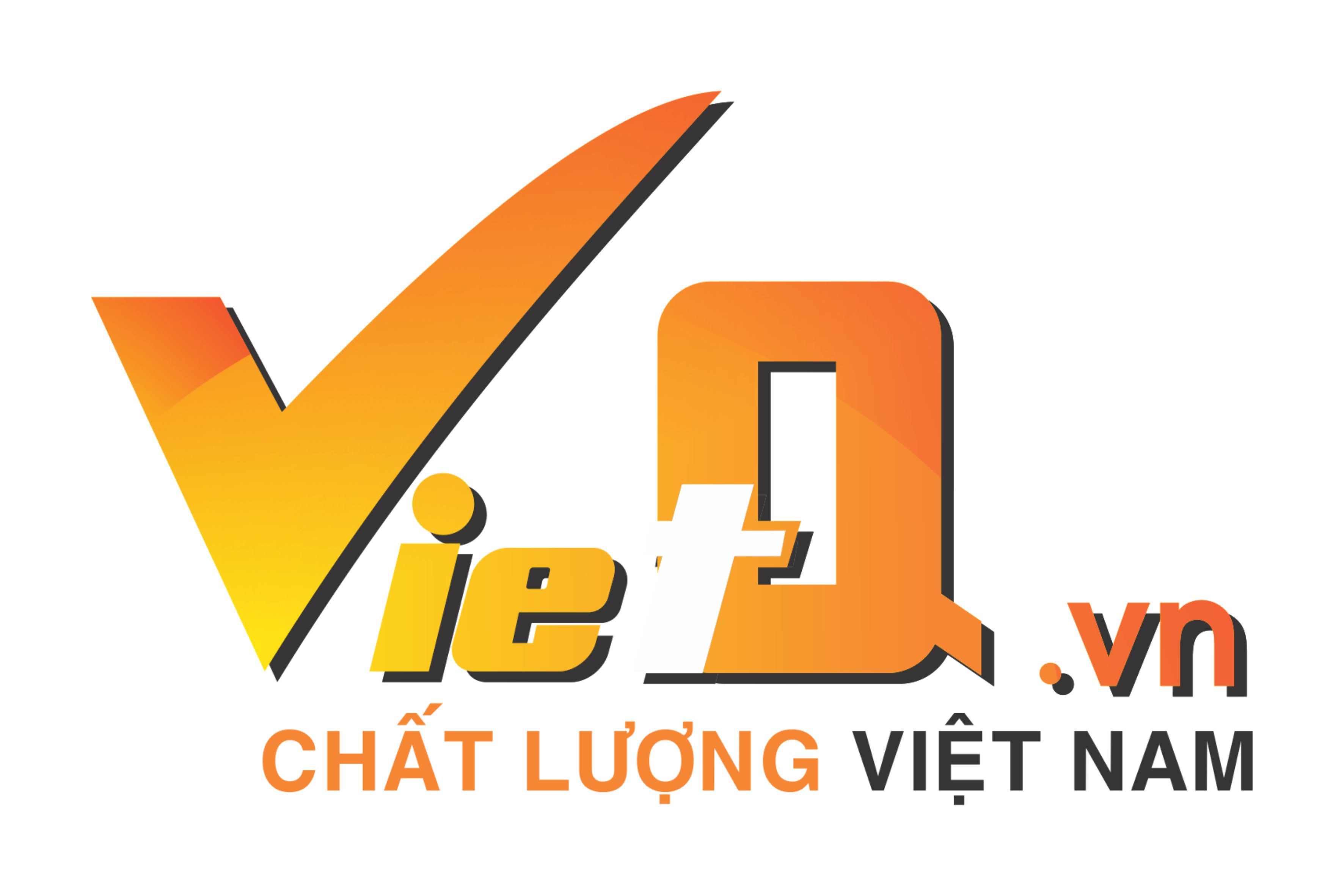The role of standards in inventory and management of greenhouse gas emissions
Post date: Sunday, Mar 31, 2024 | 13:19 - View count: 371
On March 28-29, 2024, the Canadian Embassy in conjunction with the Ministry of Natural Resources and Environment organized the Workshop Towards Net – Zero: Canada – Vietnam experience sharing in Ho Chi Minh City.
The conference was held with the participation of more than 400 representatives from the Ministry of Industry and Trade, the Ministry of Science and Technology, the Ministry of Agriculture and Rural Development, Ministry of Transport, Ministry of Planning and Investment, Ministry of Finance, Government Office and Departments of provinces and cities across the country and business from Viet Nam and Canada.

Canada has stable absolute emissions and has significantly reduced the emissions intensity of its economy, with the two largest emitting sectors being Oil and Gas and Transportation. In 2021, Canada emited 670 million tons of CO2e, decrease by 8.4% in comparison with 2005. The economy’s emissions intensity has decreased by 42% since 1990 and 29% since 2005. Emissions from the power sector are relatively low, and decrease 56% since 2005.
Canada also applies carbon capture, utilization and storage technology in oil and gas reservoirs and deep saline formations. The federal and provincial governments have made significant strides and large-scale investments in this technology in recent years. These carbon sinks have helped Canada move closer to Net-Zero.
During the discussion session on Clean Energy Transition: Strategy and Policies for Emission Reduction, the Canadian side also introduced used solvent recycling technologies, which can save 25 USD for each Mt of oil produced, reducing production costs by 50%, reducing 190 kg CO2e per Mt of oil produced, reducing emissions up to 80%.

Sharing in the discussion, Mr. Tran Quoc Dung from the Directorate for Standards, Metrology and Quality (STAMEQ) discussed technical issues in managing greenhouse gas emissions, which is building a standard system which is harmonized to international standards and independent verification organizations operating according to international standards.

According to Mr. Dung, in 2024 STAMEQ has planned to revise and publish nearly 20 standards related to climate change adaptation, greenhouse gas emissions, carbon neutrality, green credit tools… These standards will help enhance the reputation and harmonize international practices of Vietnamese businesses. The use of these standards is intended to eliminate confusion, improve confidence in the market, leading to increased investment, and improve investor belief, as well as environmental benefits.

During the Roundtable session on March 29, 2024, the conference continued to discuss Carbon Credits, Canada’s Carbon pricing system and especially the potential for cooperation between Canada and Vietnam. Mr. Brian Allemekinders, Counselor – Head of Development Cooperation – Canadian Embassy in Vietnam said that Canada wants to cooperate with Vietnam in the field of greenhouse gas emissions and carbon credits
The STAMEQ representative also stated the current situation of Vietnam in the context that greenhouse gas audits are mandatory for 1,912 businesses on the list of greenhouse gas inventories and many businesses exporting steel, aluminum, cement, chemical fertilizers… enter the EU market under the CBAM mechanism (European Carbon Border Adjustment Mechanism). However, the implementation is very confusing since Vietnam does not have enough unified and consistent regulatory standards for the measurement, verification, and validation of greenhouse gas emissions to ensure accuracy, transparency, integrity, and scientific approach. Therefore, STAMEQ also proposed to the Canadian Government to support cooperation to enhance the competence in the GHG auditing, validated and verification and build emission coefficient, which is most accurate for Vietnam’s main industries such as Steel Production, Cement, Petroleum.

After 2 days of intensive work, the workshop was successful in connecting government to government and business to business in Canada and Vietnam to propose opportunities to support cooperation. At the end of the workshop, the Canadian Embassy presented a list of contents that can support and cooperate in the coming time, to help Vietnam move towards Net Zero as committed.

|
The Canadian Trade Delegation paid a working visit to Vietnam from March 26-29, 2024. The delegation includes nearly 250 members from the government and nearly 200 businesses led by Ms. Mary Ng – Minister of Economic Development, International Trade and Export Promotion of Canada, with the goal of increasing connections between business opportunities, investment, and supply chain strengthening with Vietnam. Within the framework of the delegation’s visit, the Canadian Embassy in Vietnam in conjunction with the Ministry of Natural Resources and Environment organized a Workshop Towards the Net-Zero goal: Exchange of Vietnam – Canada experiences. |
Ngoc Anh – Thanh Trung – Van Ha




















